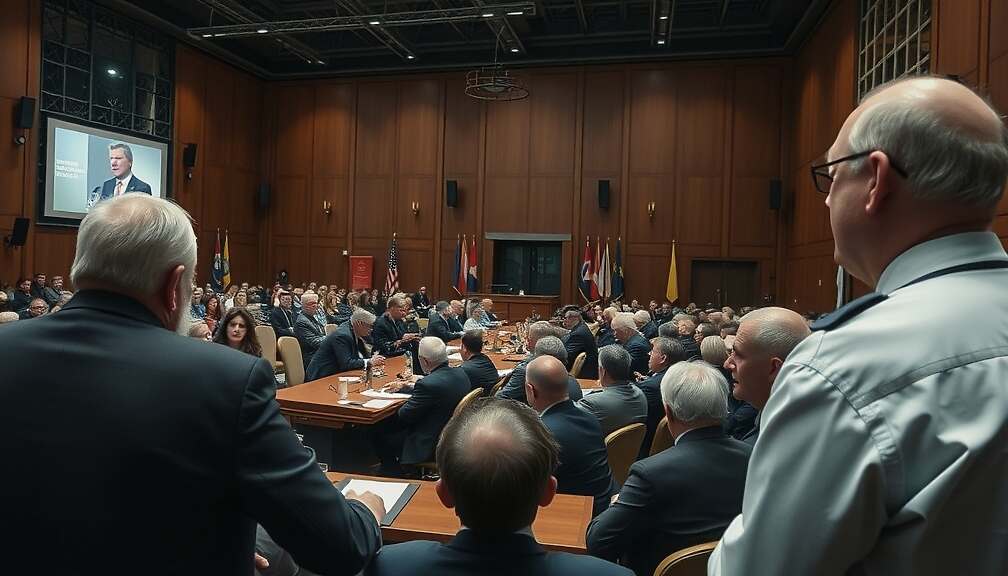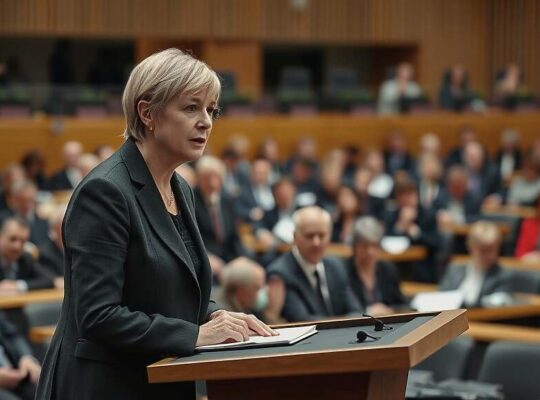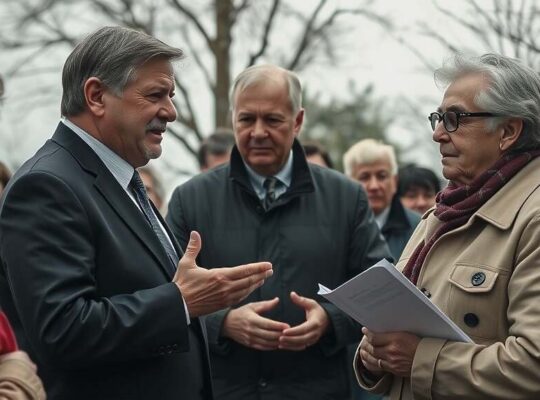A dispute has emerged within Germany’s governing coalition regarding the proposed “Agenda 2030”. Felix Banaszak, co-leader of the Green Party, has accused CDU General Secretary Carsten Linnemann of using the proposal primarily to provoke the Social Democratic Party (SPD). Banaszak stated that Linnemann’s call for an “Agenda 2030” should be understood as a provocation, particularly considering the SPD’s past experiences with the “Agenda 2010” reforms under Gerhard Schröder. He suggested the move serves to strengthen the CDU’s profile within the coalition rather than offering substantive benefits.
Banaszak further criticized the tendency within parts of the government to propose numerous agendas and commissions, arguing that such announcements often result in “big words, flawed suggestions and ultimately just a new committee”. He emphasized that these kinds of proposals do not contribute to the stability of the social security system and urged policymakers to focus on delivering “reasonable and socially just solutions.
Linnemann had previously advocated for an “Agenda 2030” drawing a parallel to Schröder’s “Agenda 2010”. His call appeared to be a response to comments made by SPD leader Lars Klingbeil, who referenced Schröder’s “bold reforms” as a benchmark when discussing the current government’s reform plans.












